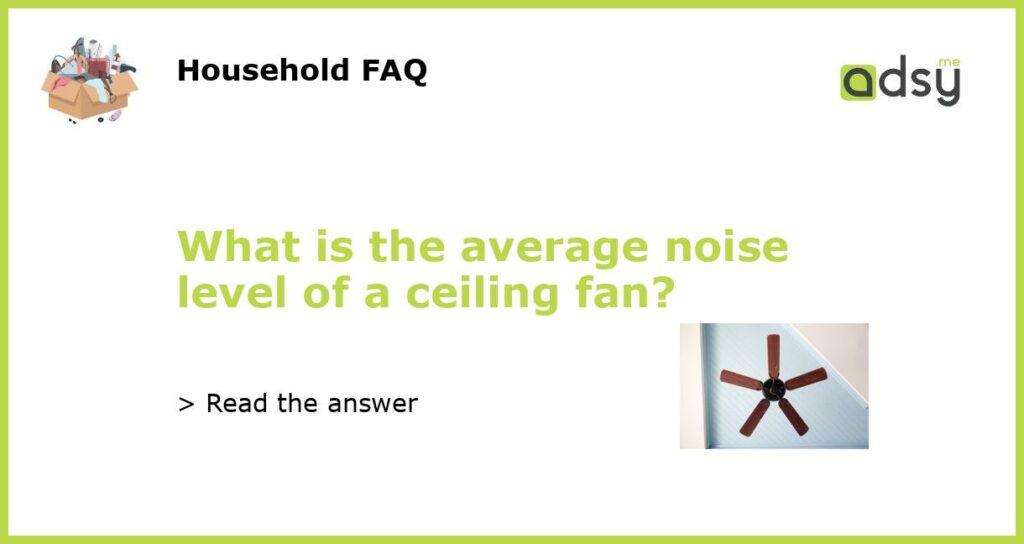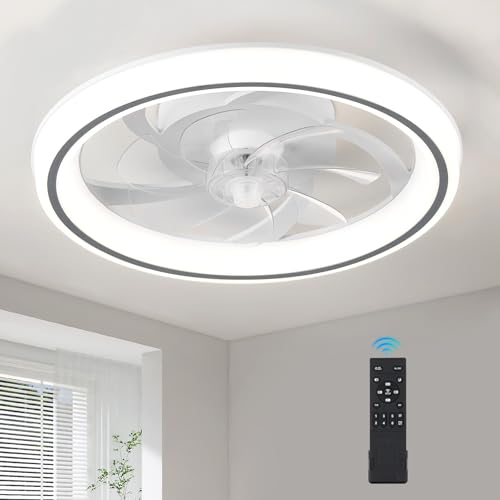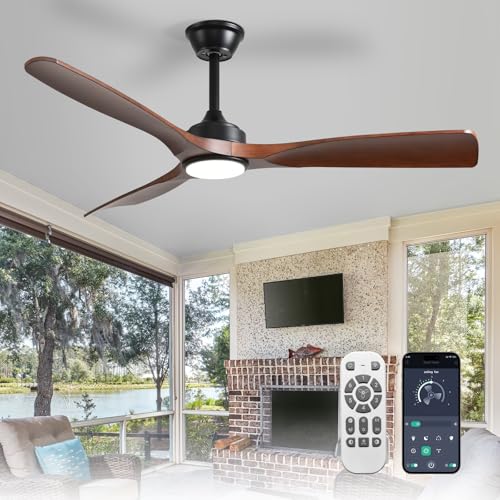Understanding the Average Noise Levels of Ceiling Fans
When it comes to purchasing a ceiling fan, many buyers seek out efficiency and functionality, but there’s another crucial element to consider – noise level. No one wants a fan that’s painfully loud or distracting, especially when it’s intended for use in a bedroom or living room. So, what is the average noise level of a ceiling fan? Let’s explore this question further.
Noise levels in decibels (dB)
In order to measure a ceiling fan’s noise level, we use decibels (dB). To give you an idea of what this means in practice, a low whisper usually measures around 30dB, while normal conversation hits about 60dB. The average ceiling fan falls somewhere in between, with most models producing around 50-60dB of noise. However, it’s important to note that some fans can be significantly louder, with noise levels of 70dB or above.
Factors affecting noise level
Several factors impact a fan’s noise level, including the fan’s size, blades, motor, and speed settings. Larger fans tend to make less noise than smaller ones because they move more air over a greater surface area. Fan blades can also impact noise level – wider blades that move slower generate less noise than narrow, fast-moving ones.
The fan’s motor is another primary factor that affects its noise level. Some motors are designed with noise-reducing features like rubber mounting systems or bushings to help minimize vibrations and limit noise. Lastly, the fan’s speed settings also come into play. Most ceiling fans offer several speed settings that allow you to adjust airflow and noise level to meet your preferences.
Ways to reduce fan noise
If you’ve already purchased a ceiling fan and find that it’s noisier than you’d like, there are several ways to reduce the sound level. For example, investing in a fan with a DC motor can produce less noise than one with an AC motor. You can also try installing rubber isolation pads between the fan and ceiling to reduce vibrations and dampen noise. Lastly, adjusting the fan’s speed settings can also have a significant impact on noise level.
Conclusion – finding the perfect fan for your needs
When shopping for a ceiling fan, it’s important to consider the average noise level to ensure you find one that won’t distract from your home’s peaceful ambiance. Many factors affect a fan’s noise level, including its size, blades, motor, and speed settings. Using decibels to measure noise, the average fan produces around 50-60dB of noise, though some louder models exist. Consider investing in a fan with a DC motor or installing rubber isolation pads to lessen noise levels. With some research and exploration, you can find the perfect fan for your space that runs quietly and effectively.






